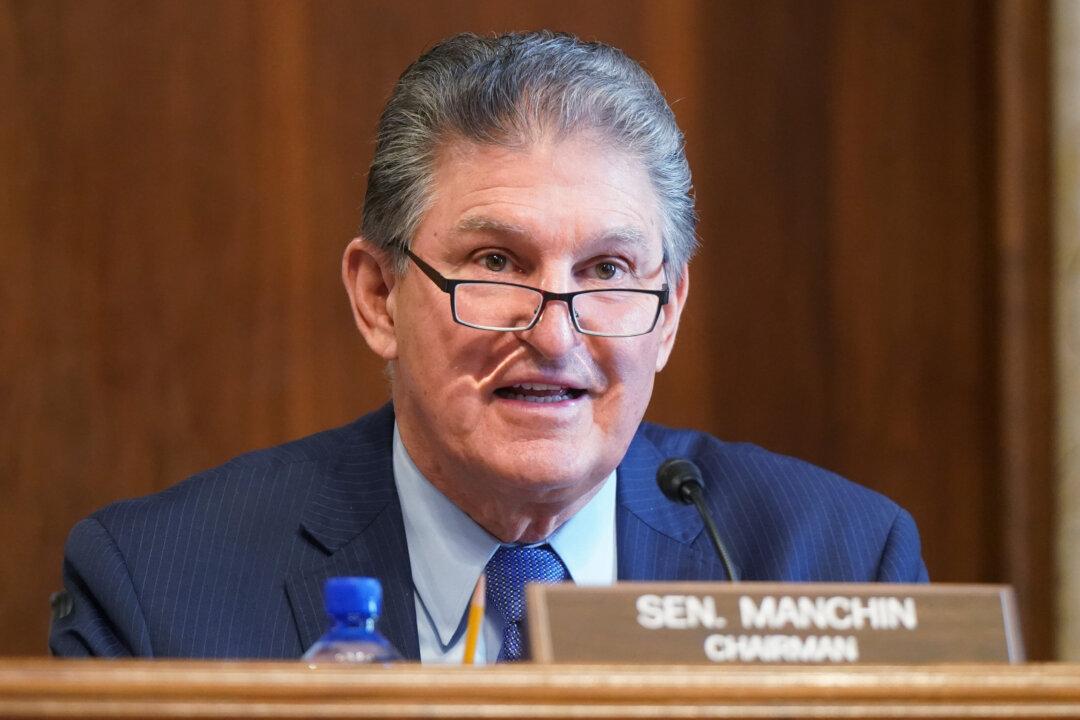The Federal Energy Regulatory Commission’s (FERC) February policy statements on interstate natural gas projects drew strong objections from Sen. Joe Manchin (D-W.Va.) and the two FERC commissioners on the five-person panel who voted against the statements.
Those statements, which add consideration of greenhouse gas emissions and environmental impacts, including on “environmental justice communities,” for FERC to approve natural gas infrastructure, were the subject of a March 3 hearing of the Senate Committee on Energy & Natural Resources (ENR).





